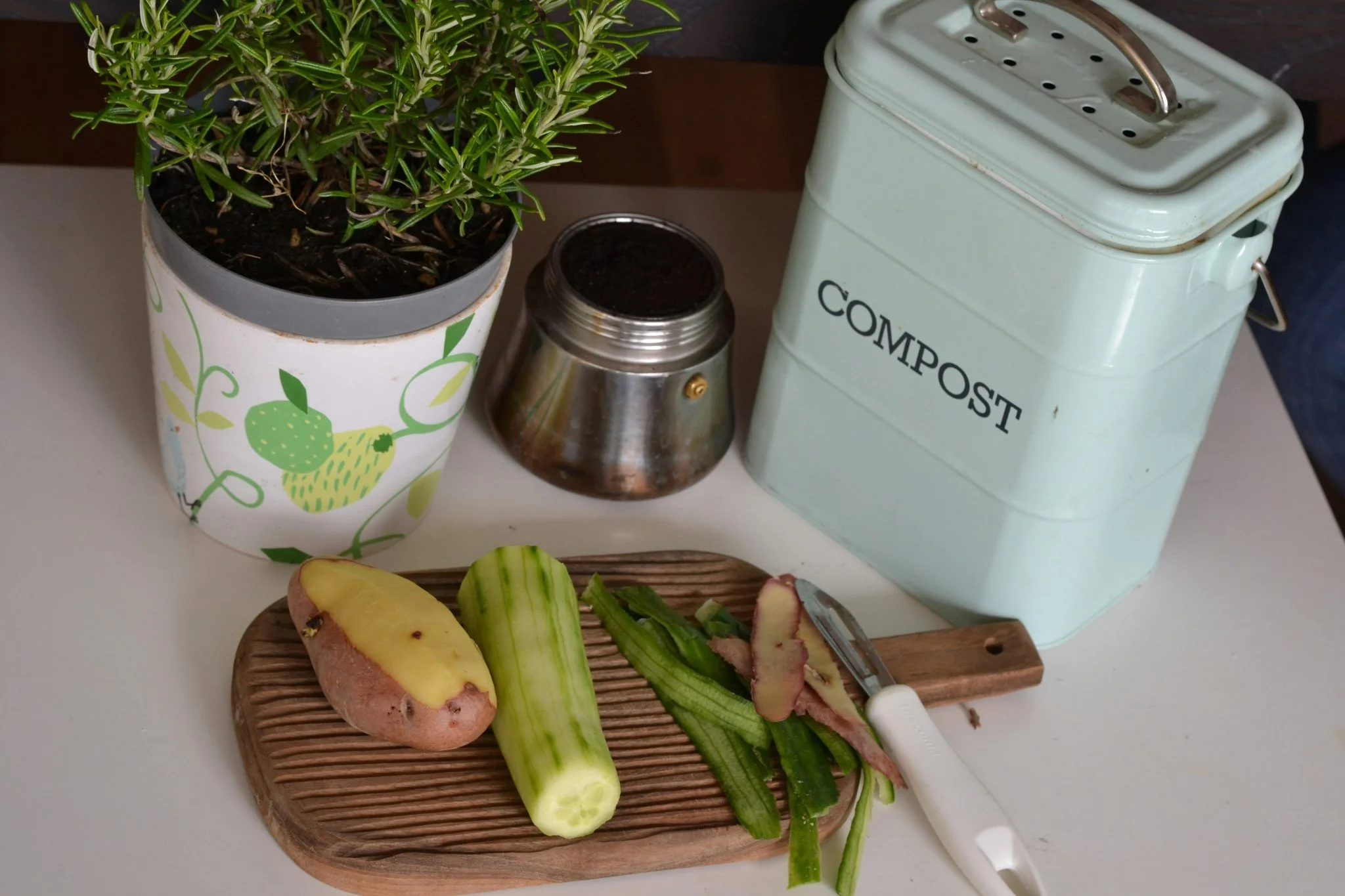Recycling food for compost is a sustainable practice with numerous environmental advantages.
Composting kitchen scraps and leftovers aids in redirecting organic waste away from landfills, thereby decreasing methane emissions.
In this blog, we will explore five key benefits of recycling food for compost, highlighting its positive impact on the environment and your gardening efforts.
Reducing Landfill Waste
A key benefit of repurposing food for compost is the significant decrease in landfill waste. Food scraps, commonly discarded in landfills, significantly generate methane, a potent greenhouse gas.
Engaging in composting facilitates the natural breakdown of these organic materials, effectively minimizing their environmental impact and promoting a more sustainable and environmentally friendly waste management system.
This eco-conscious practice not only diverts organic waste from landfills but also actively addresses the critical issue of methane emissions.
It aligns seamlessly with broader efforts to promote and adopt eco-friendly waste disposal methods on a larger scale.
Adopting such practices underscores the collective responsibility for sustainable living and environmental stewardship.
Enriching Soil Quality
Compost is a valuable and nutrient-rich soil conditioner derived from thoughtfully recycled food. When seamlessly integrated into garden soil, it enhances its overall structure, augments water retention capabilities, and enriches nutrient content.
The organic matter in compost significantly improves soil fertility, creating a harmonious and more productive environment conducive to optimal plant growth.
This transformative aspect has the potential to yield more bountiful harvests, thereby promoting increased agricultural sustainability.
By showcasing the positive and transformative impact of incorporating composted organic materials into the cultivation process, individuals actively contribute to establishing sustainable and resilient agricultural practices that prioritize both environmental health and agricultural productivity.
Conserving Water
Recycled food compost plays a pivotal role in water conservation by enhancing the soil’s water-holding capacity.
The organic matter in compost functions as a highly effective sponge, mitigating water runoff and augmenting the soil’s innate ability to retain moisture.
This crucial water conservation aspect becomes even more valuable in regions grappling with water scarcity, where efficient and sustainable water usage is paramount in agricultural practices and gardening endeavors.
By incorporating recycled food compost into the soil, individuals can actively contribute to creating a more water-efficient and environmentally conscious approach to cultivating plants, aligning with broader initiatives to preserve precious water resources.
Promoting Biodiversity
Healthy soil, enriched by recycled food compost, evolves into a thriving habitat for beneficial microorganisms and insects.
These vital organisms promote biodiversity and preserve a delicate ecological balance within the soil. The diverse ecosystem cultivated in compost-amended soil supports a natural and sustainable approach to gardening and diminishes reliance on synthetic fertilizers and pesticides.
By creating a harmonious environment that encourages the presence of these beneficial inhabitants, individuals actively contribute to the overall health of the soil and participate in the broader movement towards ecologically mindful and sustainable gardening practices.
This intentional cultivation of a diverse soil ecosystem reflects a commitment to responsible and regenerative agricultural practices prioritizing environmental health and sustainable food production.
Mitigating Climate Change
Recycling food for compost is a direct and impactful contributor to climate change mitigation. By conscientiously diverting organic waste away from landfills, composting becomes a proactive and tangible measure in reducing methane emissions, a greenhouse gas that holds significantly more potency than carbon dioxide.
This straightforward yet impactful practice aligns with global initiatives to combat climate change and actively fosters a more sustainable and eco-friendly approach to waste management.
Integrating compost bins into your routine enhances the effectiveness of this eco-friendly practice, providing a dedicated space to collect food scraps and organic materials, which can then be transformed into nutrient-rich compost for gardening and soil enrichment.
Conclusion
The benefits of recycling food for compost extend beyond waste reduction. This environmentally conscious practice has far-reaching positive impacts, from enriching soil quality to conserving water and mitigating climate change.
By incorporating composting into our daily routines, we can contribute to a healthier planet and embrace a more sustainable way of living.

